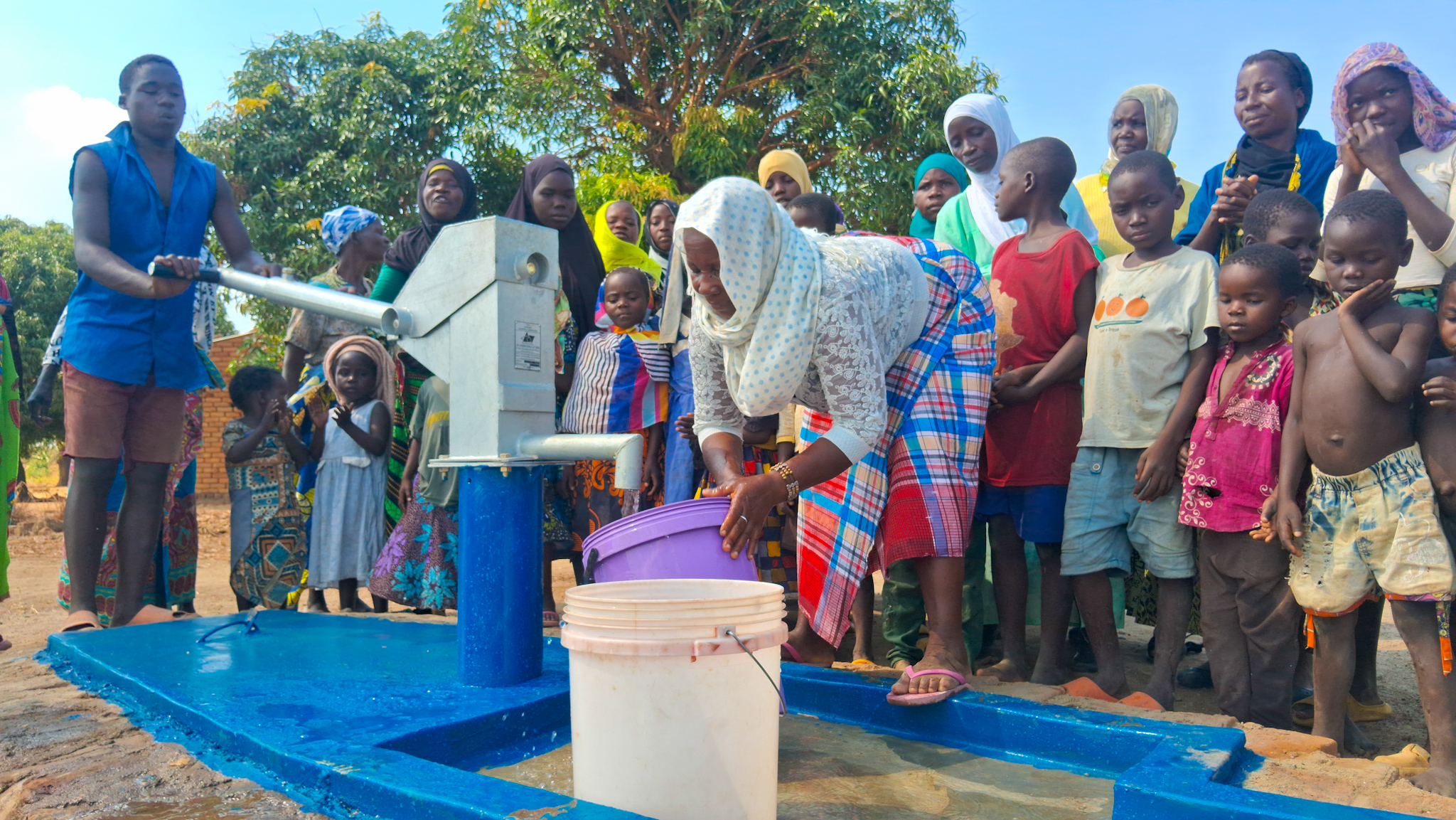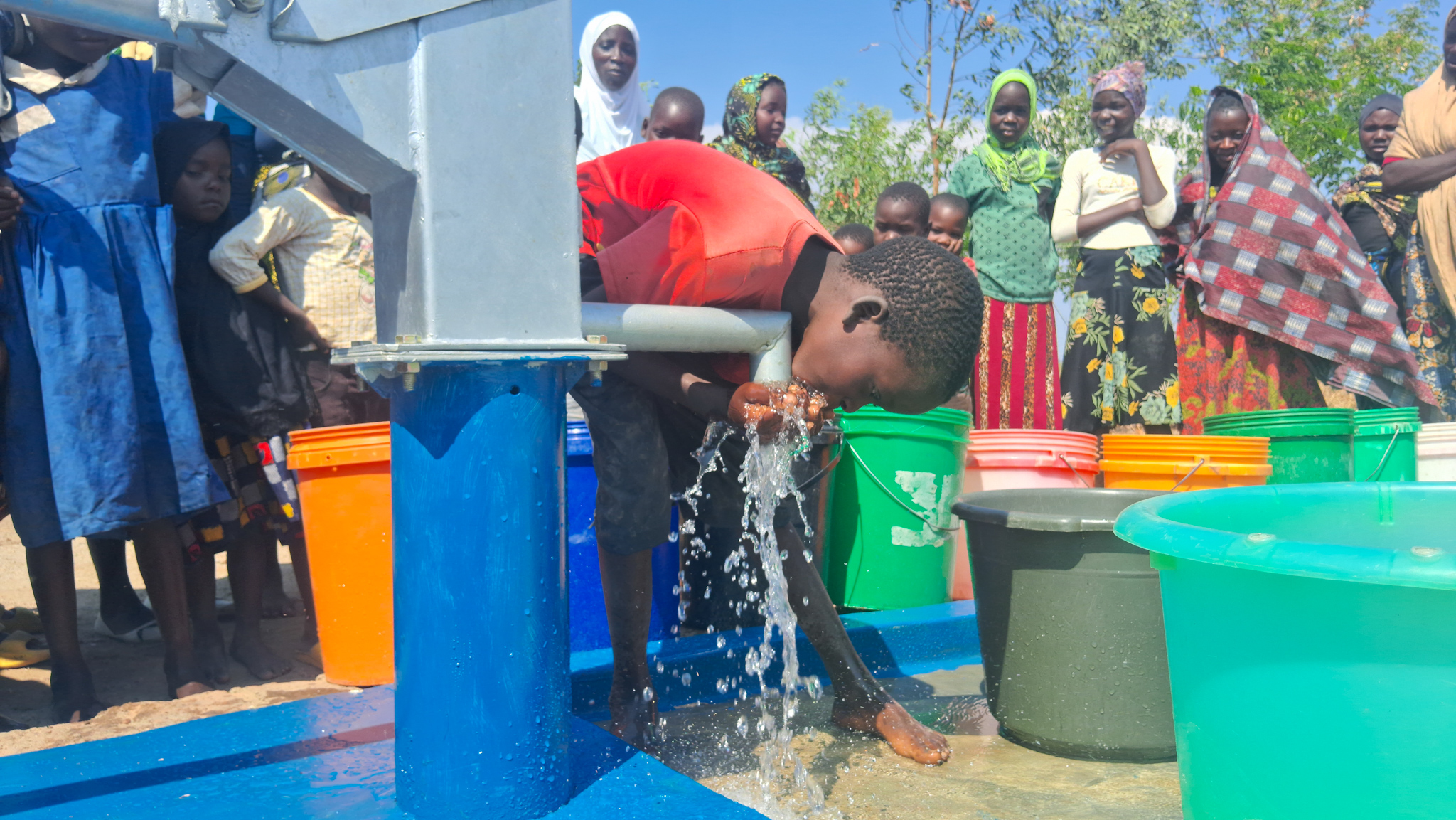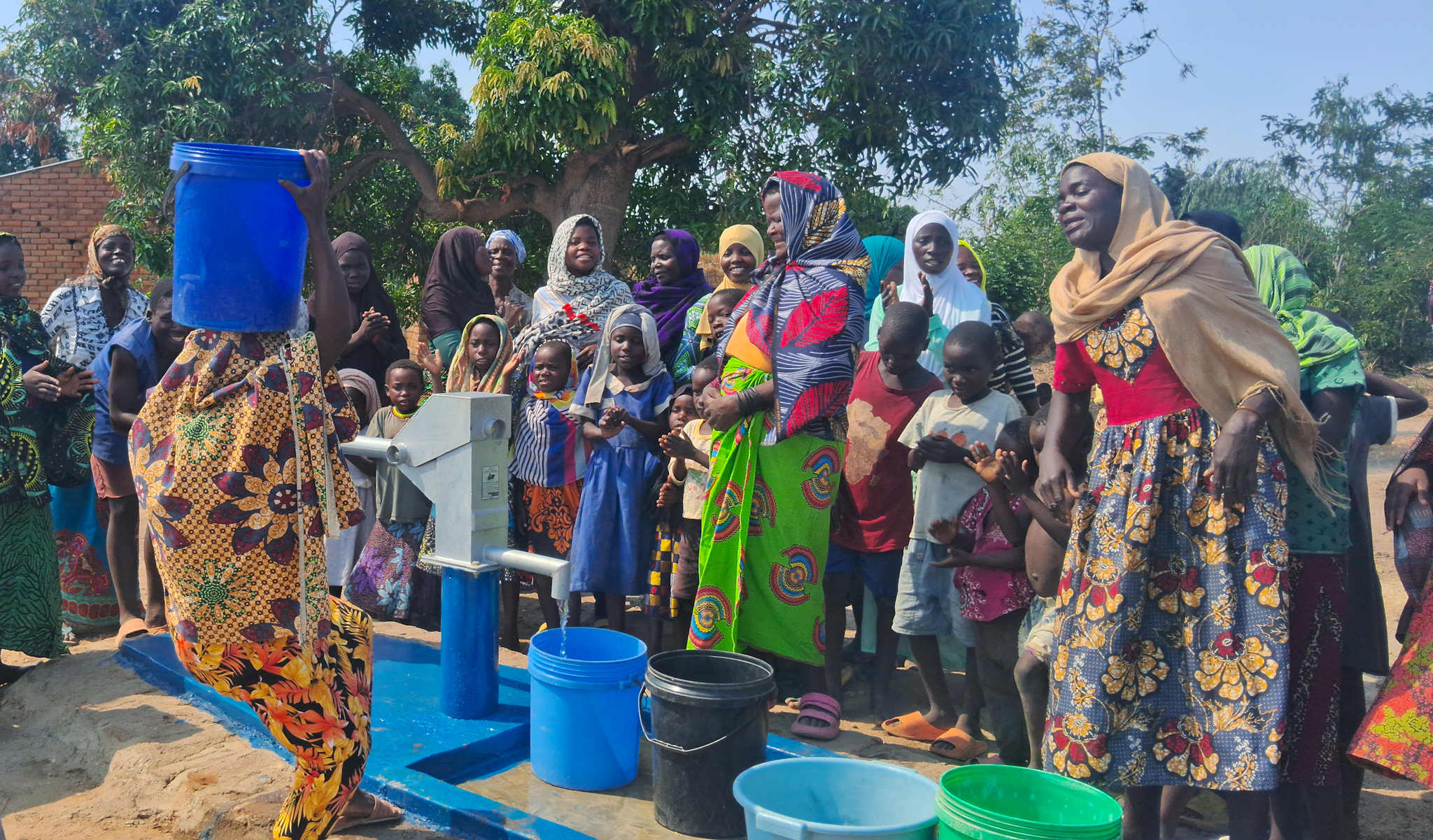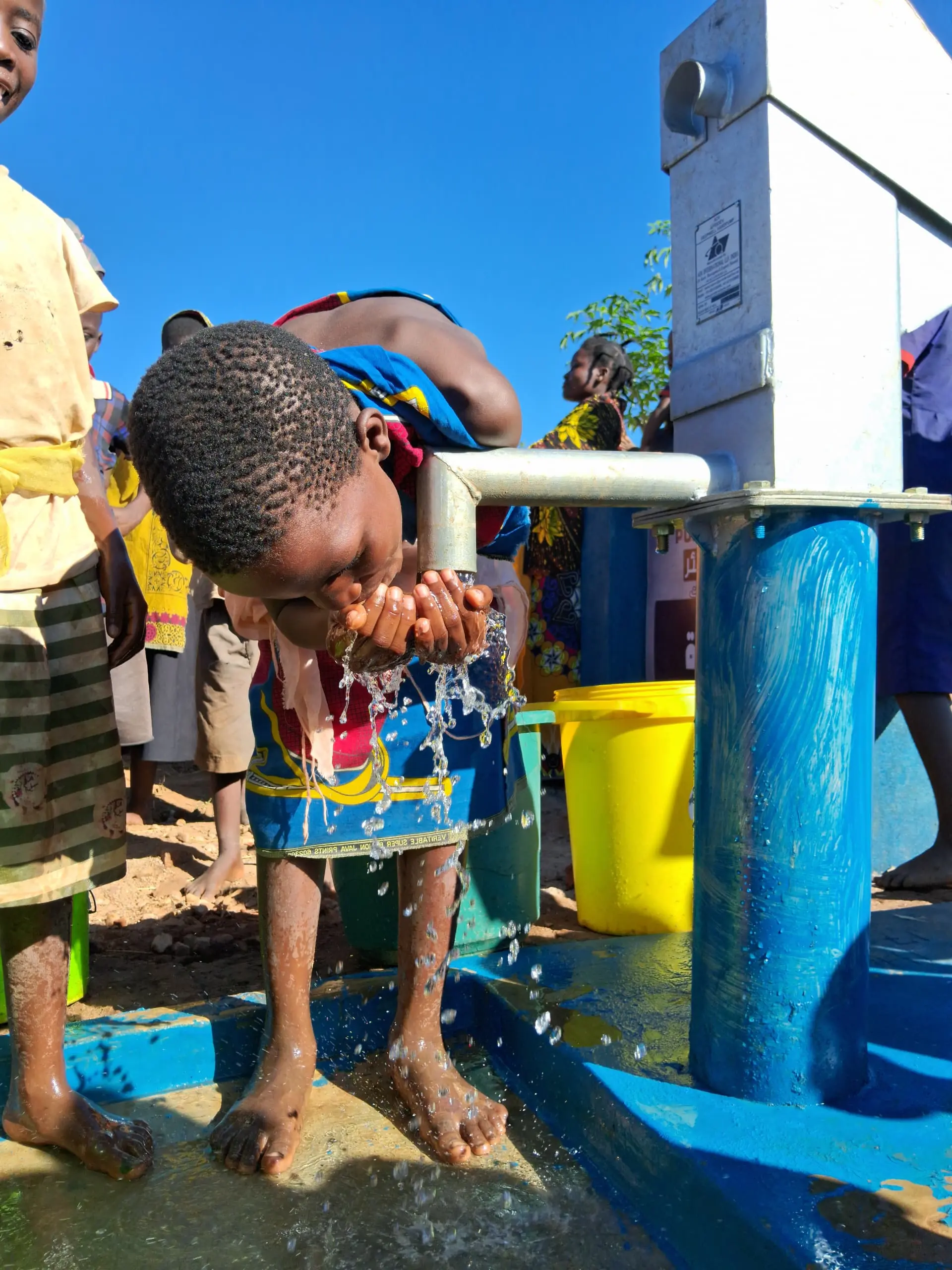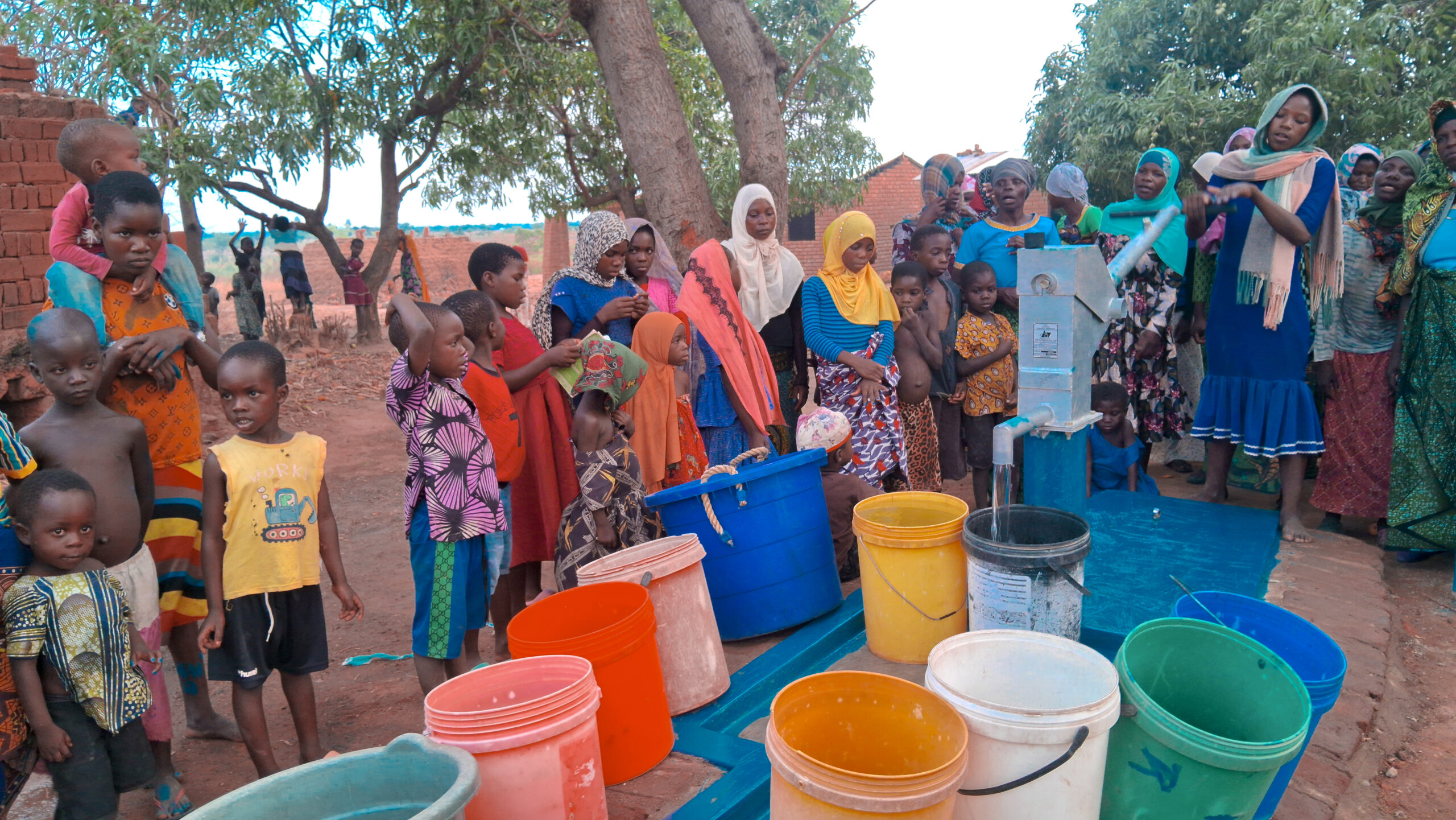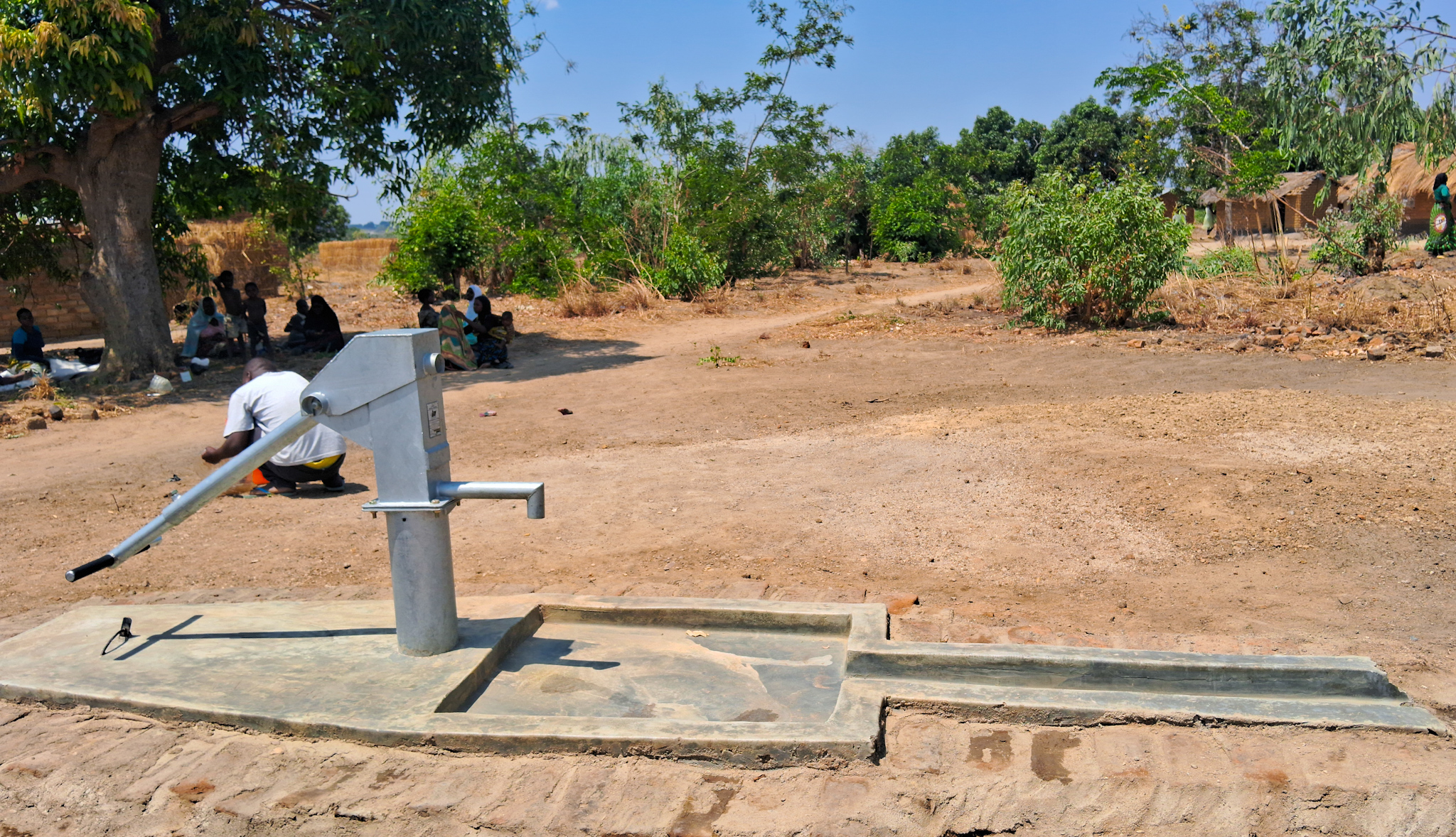The Deadly Risk of Dirty Water: Why Access to Clean Water Is a Matter of Life and Death
When Allah says in the Qur’an, “And We made from water every living thing” (Surah Al-Anbiya 21:30) it reminds us: water is not a luxury. It is the essence of life itself. Yet today, millions of Africans are denied this basic necessity. Not because water does not exist, but because clean water remains out of
reach. And the consequences are far deadlier than most of us realize.
The Brutal Reality: What the Numbers Reveal
Let’s start by facing the hard facts:
- 418 million people in Africa lack access to basic drinking water services (WHO/UNICEF JMP Report, 2023).
- In Malawi alone, only about 67% of people have access to at least basic drinking water services — and the rural areas are even worse off (UNICEF Malawi, 2023).
- Over 115 people in Africa die every hour from diseases linked directly to poor sanitation, poor hygiene, and contaminated water (WHO Africa Fact Sheet, 2022).
- Globally, unsafe water causes over 1.2 million deaths per year (Global Burden of Disease Study, 2019) — the majority of these deaths occur in Africa.
These are not just numbers. They represent real families, real communities, real dreams lost forever.
Why Lack of Clean Water Is So Dangerous
Access to clean water is not simply about quenching thirst. It is about staying alive and staying healthy.
Here’s what happens when clean water is missing:
- Waterborne Diseases Spread Like Wildfire
Without clean water, hygiene suffers — and with poor hygiene comes disease: – Cholera outbreaks — still devastating parts of Malawi and neighboring countries — are directly tied to contaminated water. – Diarrhea, often considered ‘a minor illness,’ kills more children annually than HIV, malaria, and measles combined (UNICEF, 2023). – Typhoid, dysentery, and hepatitis A thrive wherever safe water is absent. - Hygiene Collapses
Clean water is essential for Wudhu (ablution) — a daily Islamic obligation for purity before prayer.
Without clean water: – Diseases spread faster in homes, schools, and masjids. – Personal hygiene deteriorates, increasing risks of eye infections, skin diseases, and respiratory issues. How can a Muslim maintain the dignity of Taharah (spiritual cleanliness) without clean water? - Consumption Becomes Poisonous
Drinking dirty water is not a choice; it’s a deadly gamble: – Contaminants like arsenic, lead, and bacteria can cause lifelong health issues— cancers, organ damage, developmental disorders in children. – In Malawi, groundwater sources in certain regions have been found with unsafe levels of fluoride and contaminants (WaterAid Malawi Report, 2023). – Chronic exposure to contaminated water stunts growth, harms pregnant mothers, and traps families in cycles of poverty.
Allah commands us in the Qur’an:
“O you who believe! Eat of the good things that We have provided for you, and be grateful to Allah…” (Surah Al-Baqarah 2:172).
How can people obey this when the only water available to them is polluted and harmful?
Clean Water and Islam: A Trust Betrayed?
Islam teaches that water is a right — not a privilege.
The Prophet Muhammad ﷺ said: “Muslims have a common share in three things: grass, water, and fire.” (Sunan Abu Dawood 3477)
Denying people access to clean water — whether through negligence, poor governance, or indifference — is a betrayal of this trust. If we truly believe that every human is sacred, how can we tolerate a world
where a child dies simply because there was no clean glass of water to drink?
What Needs to Happen – Invest in sustainable water infrastructure in rural and urban areas alike —
especially in high-risk countries like Malawi. – Educate communities on safe water handling and hygiene practices. – Strengthen accountability in water management — corruption and mismanagement cost lives. – Support local initiatives that focus on low-cost purification methods.
The Qur’an reminds us again and again:
“Indeed, Allah commands justice, and good conduct…” (Surah An-Nahl 16:90).
Justice includes giving people their God-given right to water.
Final Thought
The danger of dirty water is not a distant threat. It is a present danger, robbing Africa — including Malawi — of its future.
As Muslims, as Africans, as human beings, we cannot afford to ignore this crisis. We must treat clean water not just as a development goal, but as a sacred duty. Because when water is clean, life flourishes. When it is dirty, life withers away.
And the question remains:
What will we choose to be — part of the solution, or part of the silence?

